On the Day of Surgery

Understanding what to expect during surgery is crucial for both mental and physical preparedness. Knowing the details of the surgical process can help alleviate anxiety, allowing you to focus on your recovery.
Preparing for Surgery

Surgery can be a stressful experience for many individuals, and feeling anxious before the procedure is entirely normal. Proper preparation can help ease your mind and ensure a smoother surgical journey.
Total versus Subtotal Hysterectomy
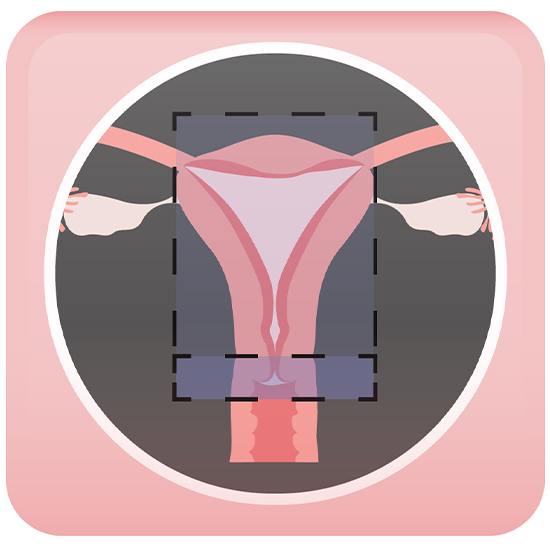
Choosing the right type of hysterectomy is an important decision, as it involves understanding the differences between a “total” and “subtotal” (or supracervical) procedure. The primary distinction centers around whether the cervix is removed, which can impact post-surgery care and potential health outcomes.
Total Laparoscopic Hysterectomy: Recovery

Recovering from a Total Laparoscopic Hysterectomy (TLH) is a gradual process that typically takes 6-8 weeks, though many patients start feeling more like themselves within the first 1-2 weeks.
Total Laparoscopic Hysterectomy
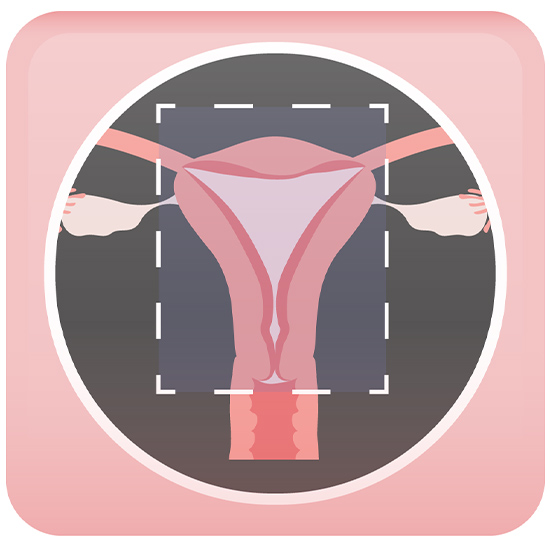
A Total Laparoscopic Hysterectomy (TLH) is a surgical procedure that removes the uterus and cervix, often along with other gynecological structures, through small incisions in the abdomen. This minimally invasive approach utilizes specialized instruments and a camera, allowing the surgeon to perform the operation with precision while minimizing recovery time.
Ovarian Function After Hysterectomy
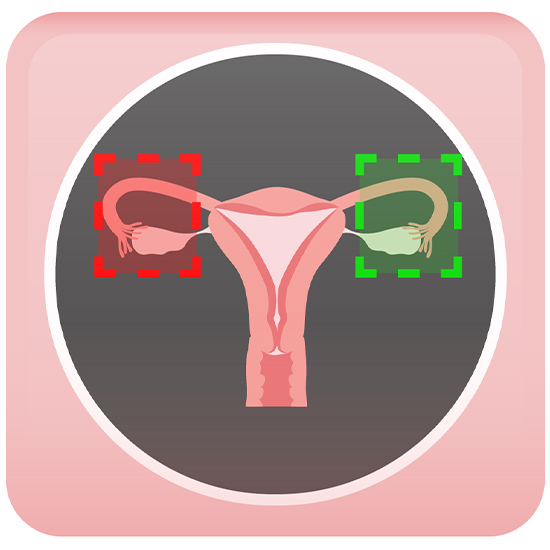
Menopause can impact your health, especially following a hysterectomy. If your ovaries are removed, recovery will vary based on whether you were in menopause beforehand, making it essential to discuss ovary removal with your doctor.
Routes of Hysterectomy

Hysterectomy, the surgical removal of the uterus, can be performed using several different techniques, each suited to specific medical needs and factors. The approach your surgeon recommends will depend on aspects like your diagnosis, the size of your uterus, prior surgeries, and which structures need to be removed.
Types of Hysterectomy
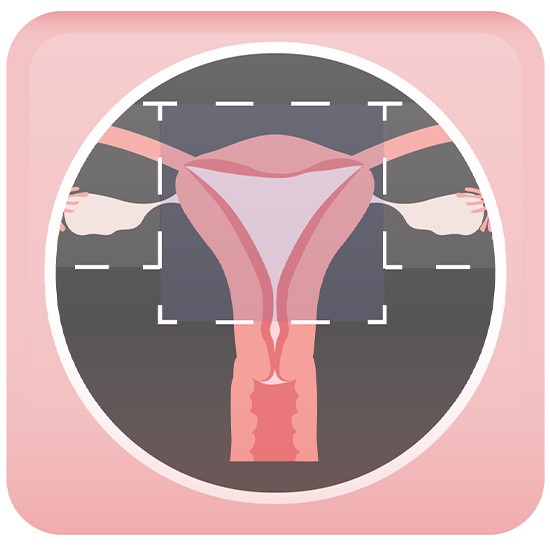
A hysterectomy is a significant surgical procedure that can be tailored to meet individual medical needs, with various types available depending on the specific reasons for surgery.
Indications for Hysterectomy
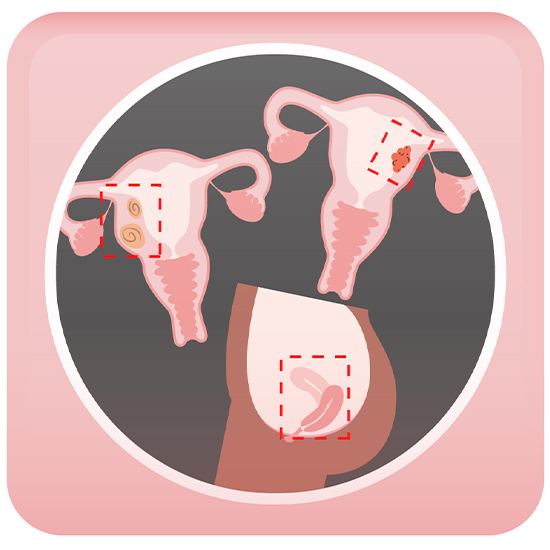
A hysterectomy is a surgical procedure that addresses various health issues, including chronic pelvic pain, uterine fibroids, endometriosis, abnormal bleeding, and certain cancers.
Laparoscopic Myomectomy

Fibroids are noncancerous growths that develop in the uterine muscle, affecting many women, particularly those of reproductive age. These growths can lead to various symptoms, including abnormal bleeding and pressure-related discomfort, with up to 70% of women over 50 experiencing them.
